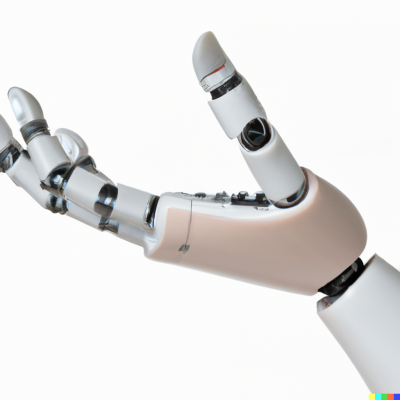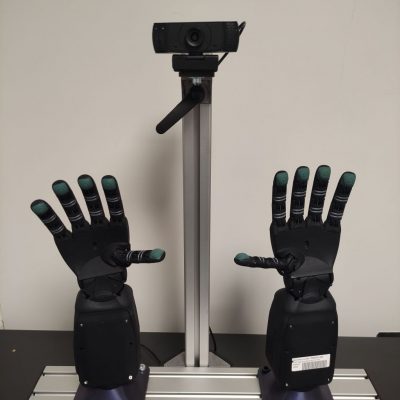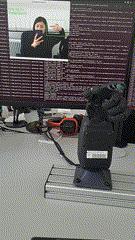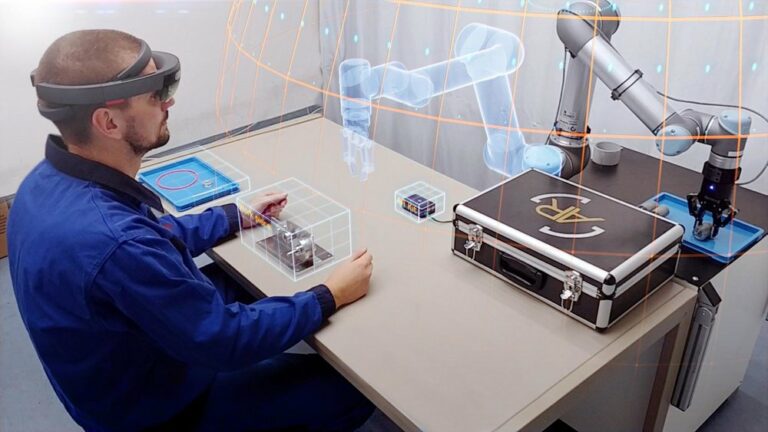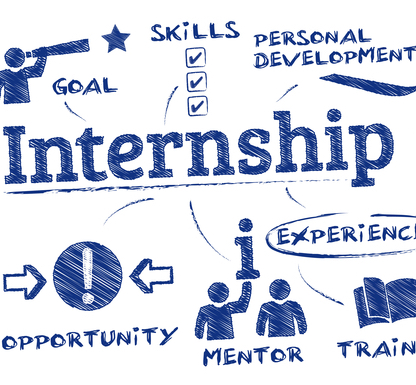Self-supervised Learning for Few-Shot Learning – Internship Position
Start date: Open
Location: Leoben
Job Type: Internship
Duration: 3-6 months, depending on the level of applicant’s proficiency on the asked qualifications.
Keywords: Self-supervised learning, Few-shot learning, Deep learning, PyTorch, Research
Supervisors:
Job Description
We are looking for a highly motivated research intern to work on the development of novel self-supervised learning algorithms to improve few-shot learning. The intern will be responsible for conducting research on self-supervised learning techniques such as contrastive learning and generative models, and their applications to few-shot learning. The intern will also be responsible for implementing and evaluating these algorithms on benchmark datasets.
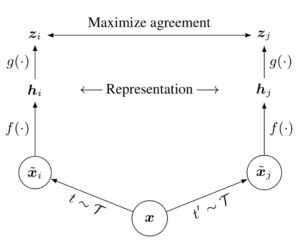
Responsibilities
- Conduct research on self-supervised learning techniques for few-shot learning.
- Develop novel self-supervised learning algorithms and evaluate their performance on benchmark datasets.
- Implement and fine-tune deep learning models for few-shot learning using self-supervised pre-training.
- Collaborate with the research team to design and carry out experiments and analyze results.
- Contribute to writing research papers and technical reports.
Qualifications
- Currently pursuing a Bachelor’s or Master’s degree in Computer Science,
Electrical Engineering, Mechanical Engineering, Mathematics or related
fields. - Strong programming skills in Python and experience with deep learning frameworks such as PyTorch or TensorFlow.
- Familiarity with self-supervised learning techniques such as contrastive learning and generative models.
- Knowledge of few-shot learning and transfer learning is a plus.
- Strong problem-solving skills and ability to work independently and collaboratively.
- Good written and verbal communication skills in English.
Opportunities and Benefits of the Internship
This internship provides an excellent opportunity to gain hands-on experience in cutting-edge research on self-supervised learning for few-shot learning, working with a highly collaborative and supportive team. The intern will also have the opportunity to co-author research papers and technical reports, and participate in conferences and workshops.
Application
Send us your CV accompanied by a letter of motivation at fotios.lygerakis@unileoben.ac.at with the subject: “Internship Application | Self-supervised Learning”
Funding
We will support you during your application for an internship grant. Below we list some relevant grant application details.
CEEPUS grant (European for undergrads and graduates)
Find details on the Central European Exchange Program for University Studies program at https://grants.at/en/ or at https://www.ceepus.info.
In principle, you can apply at any time for a scholarship. However, also your country of origin matters and there exist networks of several countries that have their own contingent.
Ernst Mach Grant (Worldwide for PhDs and Seniors)
Find details on the program at https://grants.at/en/ or at https://oead.at/en/to-austria/grants-and-scholarships/ernst-mach-grant.
Rest Funding Resourses
Apply online at http://www.scholarships.at/
